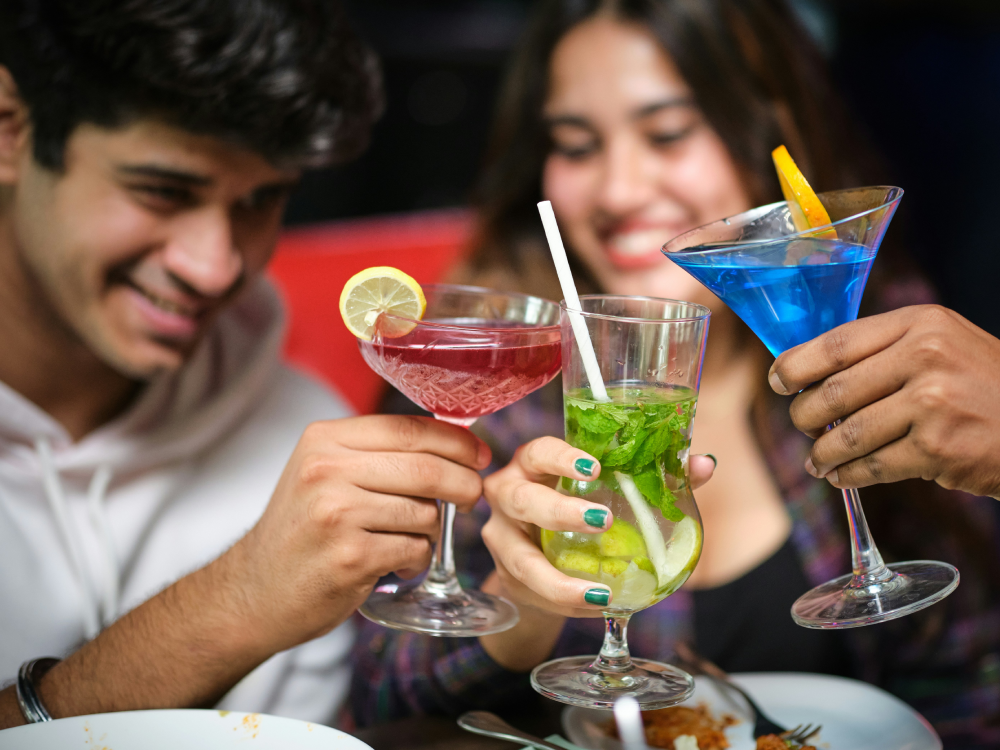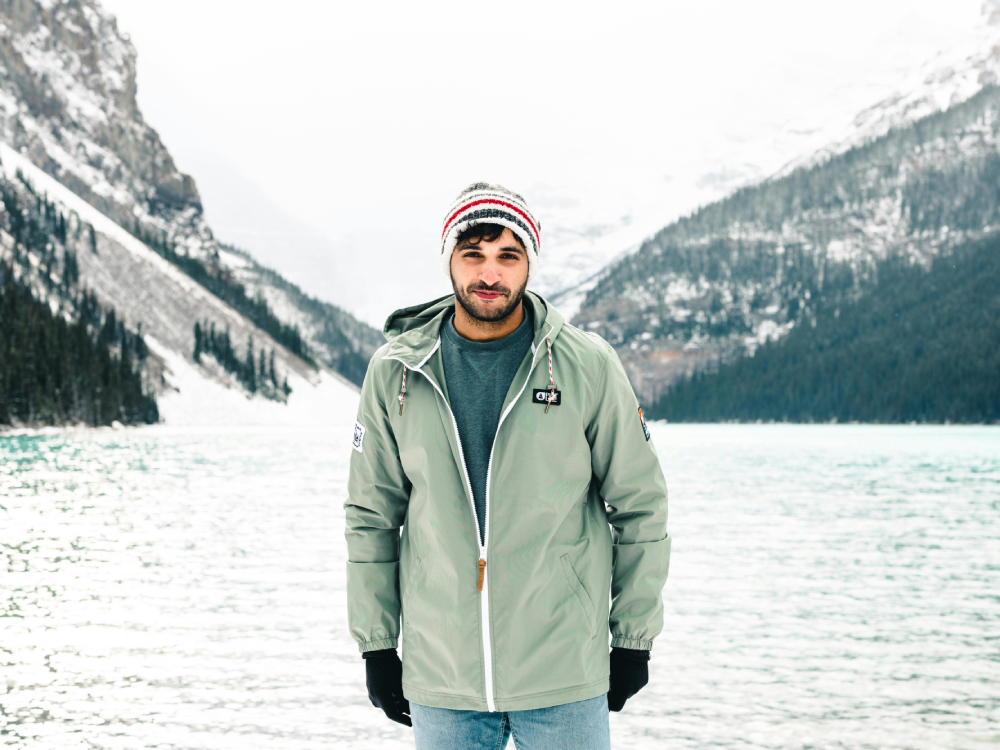For this week’s top story, we’re looking at how some Canadians are forgoing drinks to save some dosh.
It’s not just a health trend. Canadians are cutting down on alcohol for their financial well-being.
By Wing Sze Tang
At Animl, a retro-glam steakhouse in downtown Toronto, you can splash out on the priciest cocktail in the city. Ringing in at $7,000, the Diamond Drip is made with Gran Patrón Burdeos tequila, a diamond-bracelet garnish (yours to keep), and a heavy pour of marketing hype. A spokesperson confirms that no one has ordered one—yet.
But even if you’re not buying into this extreme example of conspicuous consumption, it’s easy to spend a small fortune on booze. Plus, there are other expenses related to drinking, like cabs to get home safely from the bar.
The cumulative costs have contributed to the rise of another trend. Call them “sober savers”—people who are increasingly choosing to drink less or no alcohol for financial reasons, and not just for health and wellness (although that remains a common motivation, too).
Who in Canada is cutting alcohol to save money?
Market research and opinion-polling firm Ipsos is following this trend. “In the Alcohol Consumption Tracker, one of the questions we ask is about the reasons for not drinking alcohol regularly, defined as at least once a month. Among the reasons provided, ‘It is expensive to drink alcohol’ consistently ranks among the top three,” Sam Agarwal, vice president of marketing strategy and understanding at Ipsos, tells The Get. The Alcohol Consumption Tracker collected data from 135,000 respondents in Canada.
Similarly, in a 2025 Leger study in the U.S., 39% of the young adults (Gen Z and millennials) surveyed said that saving money was one of their motivations for reducing alcohol consumption.
The latest figures from Statistics Canada also show a downhill trend: Sales of alcohol by volume at retail stores dropped by 3.8% from March 2023 to March 2024. That’s the biggest volume decline StatCan has ever recorded. In the same time frame, the price of alcoholic beverages in stores went up.
The sober saver trend is one that Chae Lee can personally relate to. A self-described “financially responsible” 25-year-old, she creates TikTok content under the handle @lee.chaeeun01 about navigating life and money in Toronto.
Back when Lee was an undergrad at McGill University, a night out with friends would always start with pre-gaming—the classic student strategy of drinking at someone’s house, to avoid spending too much cash later on the bar’s more expensive booze.
Nowadays, Lee drinks only occasionally, partly due to the high expense. She remembers a mojito, her cocktail of choice, being $10 to $12 in Montreal when she started university. Now, in Toronto, $20 to $25 for a cocktail is the going rate at many places, and of course there’s tax and tip.
“There have been nights, like once a year, where I’ll go out and order four drinks at the bar,” she tells The Get. “The day after, I think, ‘Oh, crap, I just spent a hundred bucks.’” Instead of splurging on mojitos, she’d rather have lemonade or water—and save money for her investing goals or grad-school plans.
The expensiveness of alcohol is a hot topic in Lee’s social circle. “I’ve had at least three or four friends realize they spend over $300 or $400 on alcohol a month,” she says. Not all saver strategies involve abstaining, exactly. “One friend noticed she was buying so many drinks out, her budget was out of whack. She bought a cocktail maker for home.”
How to cut back on alcohol to save money
Whether you want to quit (Wild Turkey) or cut back on alcohol for health or financial reasons, there are numerous sobriety apps that will tally the money you’ve spent or saved, to keep you motivated. I Am Sober, for example, is one of the popular daily trackers and has a free version.
There’s also the Know Alcohol calculator, a web tool from the University of Victoria, which will give you big-picture totals if you input just a few details. Say, for instance, you’re a 40-year-old man who typically orders four drinks a week at $20 a pop: that equals about $347 a month, $4,171 a year, or $177,637 in your remaining lifetime.
Is drinking worth the many costs, monetary and otherwise? That’ll require doing your own personal math.
Wing Sze Tang is an award-winning journalist based in Toronto. She is the founder of Wayword Media Inc.
Read more from this issue of The Get:
- True or false: You’ll save more when you earn more
- MVP: Emily The Recruiter on quitting for good (and other work-related stuff)
- Will my own personal debt burden my new spouse?
- Do you pay yourself first?
-----------------------------------------------------------------------------------
The Get is owned by Neo Financial, and the content it produces is for informational purposes. Any views expressed are those of the individual author and/or of The Get editorial team., not of Neo Financial or any of its partners or affiliates. The content is not meant to replace professional financial advice, and it should not be the sole source for making any financial decisions. Always do your due diligence before deciding what to do with your money. Read The Get’s editorial mandate.



